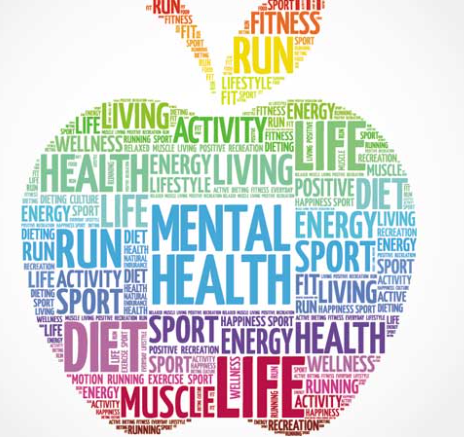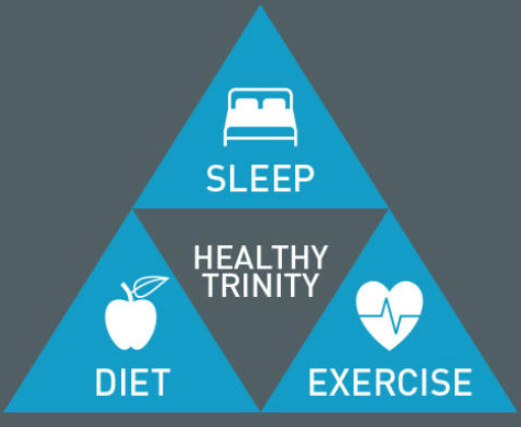We talk a lot about mental health and the many ways it can go wrong, but defining good mental health is more difficult. Everyone is different, so there is no one definitive measure that can be used to assess your changing wellbeing.
Defining good mental health
Good mental health is generally defined as when you can live as you want, controlling your own reactions, without being hindered by negative thoughts and emotions. It does not mean existing in a perfect state of happiness, but it does mean that periods of low mood are manageable.

People with good mental health are better able to take part in the activities of daily living, though these can vary between individuals. They are more likely to take care of their personal hygiene, sleep well, eat healthily, participate in exercise and manage their own home. They will find it easier to maintain relationships, attend education or work, and enjoy a range of activities.
Assessing mental health
If you are experiencing extended periods of irritability, numbness or low mood, if your appetite or sleep habits have changed, if you are withdrawing from your loved ones, or you are struggling to enjoy normal activities, it could be a sign your mental health is poor. Mental health training courses Plymouth such as those offered at www.tidaltraining.co.uk/mental-health-training-courses/plymouth can help healthcare providers better understand and assess mental health.
Improving your mental health
Sometimes you need professional support, such as medication or therapy, to help improve your mental health, but you can also make lifestyle changes. Improved diet, exercise and sleep can boost both physical and mental wellbeing, as can cutting back on alcohol and smoking. It is also helpful to have a support network, whether that includes friends and family, professionals such as teachers, social workers and therapists, or even an online community.

To define good mental health, first you need to decide what it looks like for you. Then you can assess how well you are managing your daily activities, try to improve your lifestyle to support your mental wellbeing and if necessary seek out professional help.


